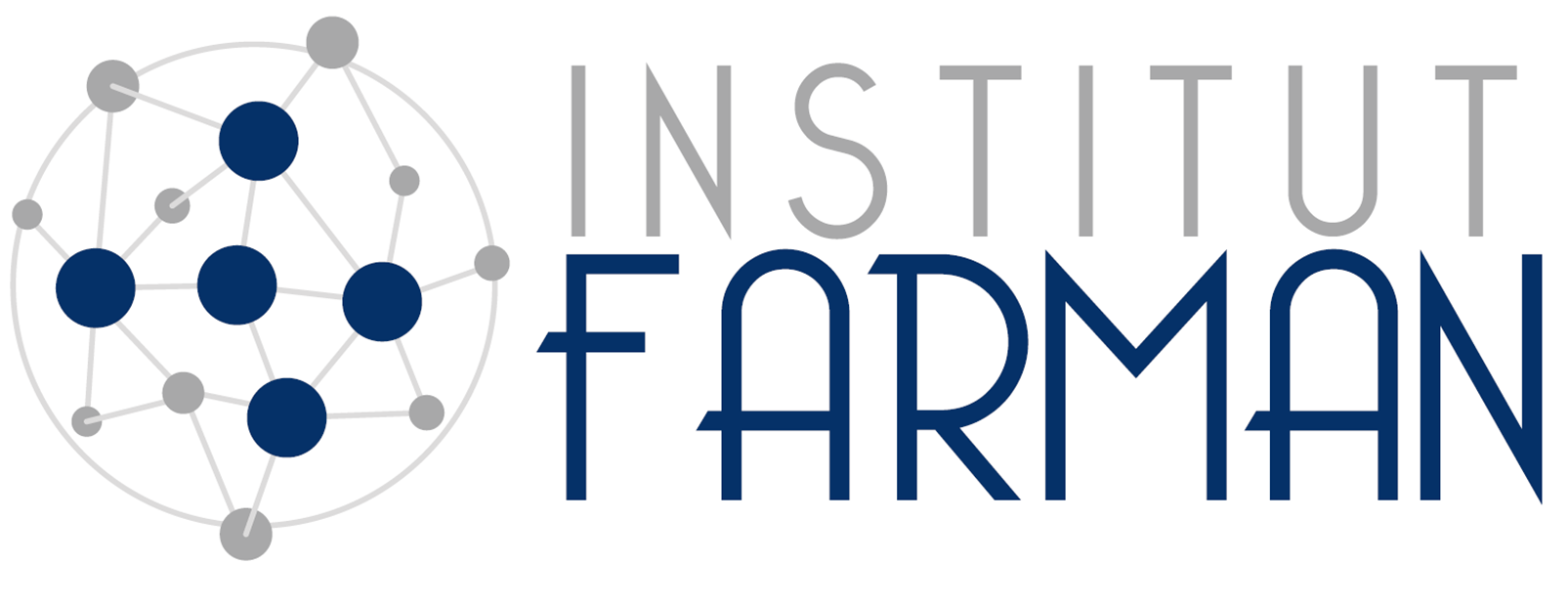DREAMY - Distributed Algorithms for Microbiological Systems
ANR-funded research project
Objective
A key advantage of biological computing devices is their ability to sense, compute, and especially to respond to their biological environment, e.g., bacteria can be programmed to act as autonomous robots within the human body. Local presence of certain molecules in the environment allows sensing of neighboring cell types and acting accordingly, e.g., by activating an immune response. Current designs of synthetic circuits in bacteria, however, face severe resource limitations: each genetic part added to the cell imposes an additional burden, becoming progressively toxic for the cell.
The most common design techniques for biological logic gates rely on gene regulation via DNA-binding proteins, nucleic acid (DNA/RNA) interactions, or more recently the CRISPR machinery. Each comes with its own constraints: like limited availability of orthogonal signals for use within the cell (DNA-binding), small dynamic range (RNA-based), or reduced growth rates (the CRISPR machinery). This has led to recent efforts to distribute circuits among several cells to reduce the resource load per cell, taking the formative steps towards distributed bacterial circuits.
The DREAMY research project seeks to develop innovative solutions to the problem of building distributed circuits in bacteria from an algorithmic, theoretical perspective that contributes to real-world implementable solutions.
News
Joining the project team:
We are hiring interns, postdocs, and PhD students in the DREAMY project. For more information on currently open positions, please contact the coordinators: Matthias Függer, Thomas Nowak, and Manish Kushwaha.
Activities
We organize the following related workshops and seminar series:
- CELLS - Workshop on Computing among Cells: co-located with the International Symposium on DIStributed Computing (DISC)
- HicDiesMeus - Working Group on Highly Constrained Discrete Agents for Modeling Natural Systems: seminar series on problems from physical, biological, and sociological domains within a distributed computing context
Project members
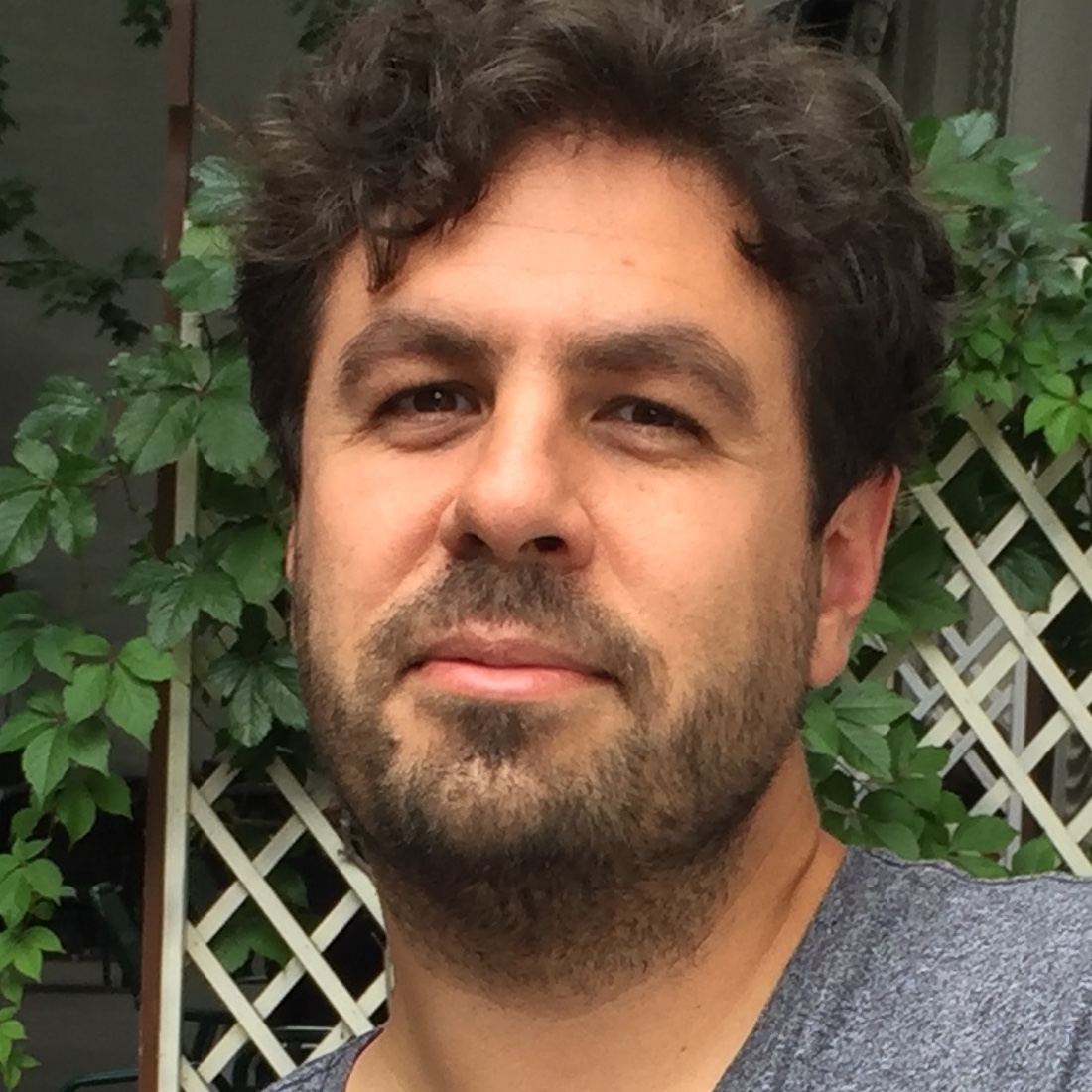
Matthias Függer
Principal Investigator
chip design, distributed algorithms

Thomas Nowak
Principal Investigator
distributed algorithms, stochastic processes

Manish Kushwaha
Local Coordinator @ Micalis
genetic circuits, phage communication
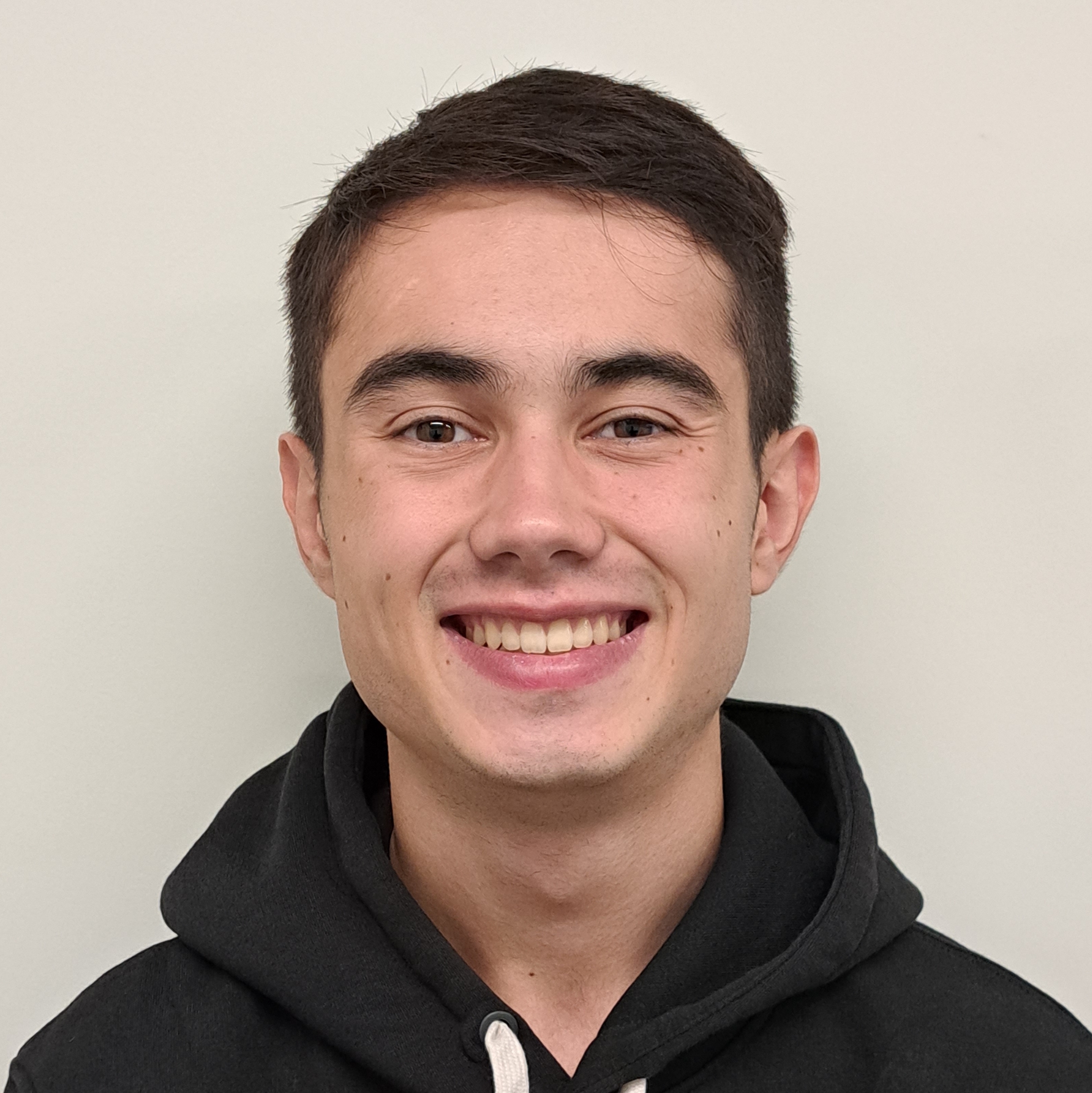
Rémi Baron
Intern
simulation
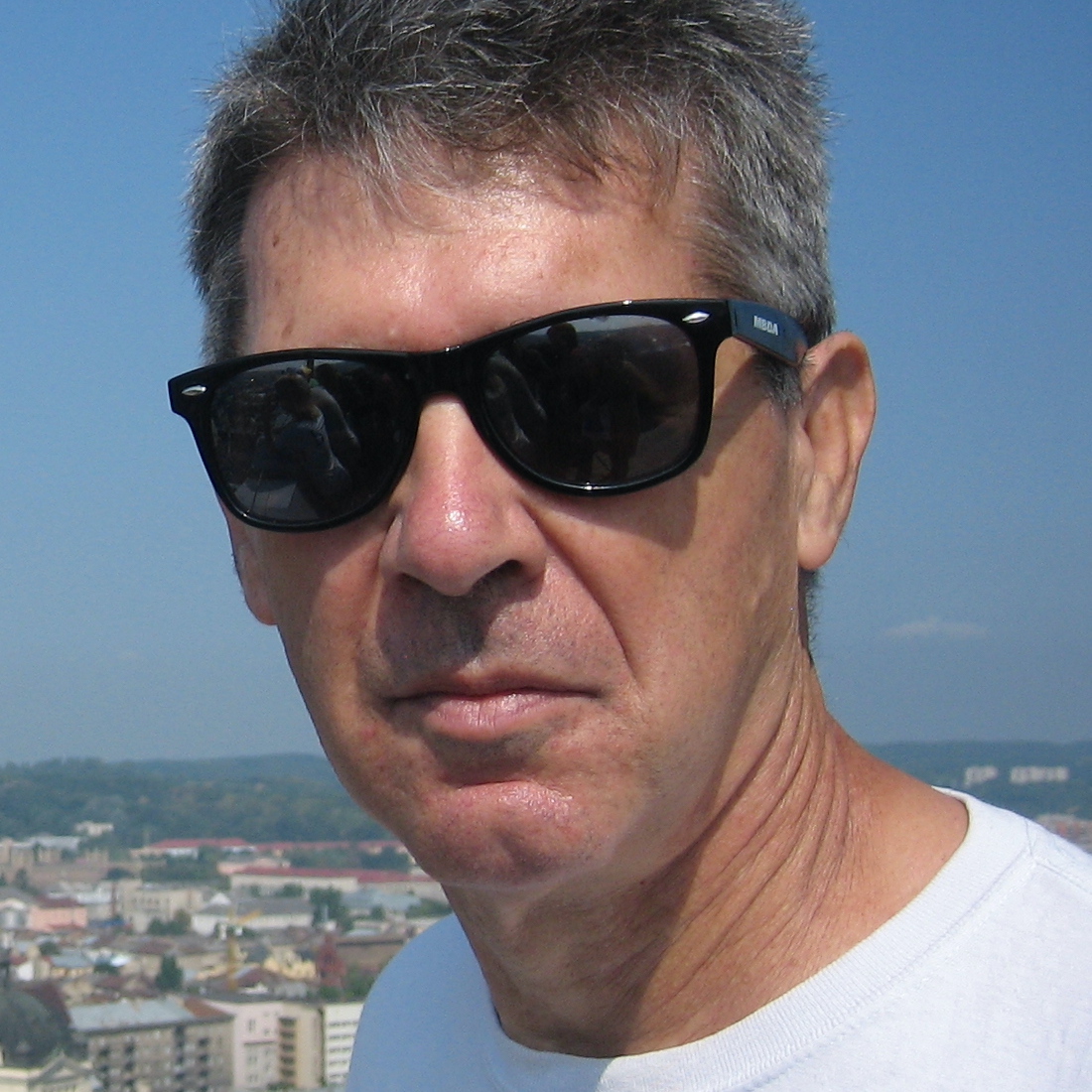
Joffroy Beauquier
Project Member
population protocols
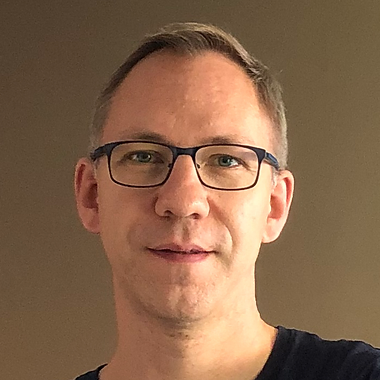
Benedikt Bollig
Project Member
AI, model discovery

Catherine Bonnet
Project Member
control theory
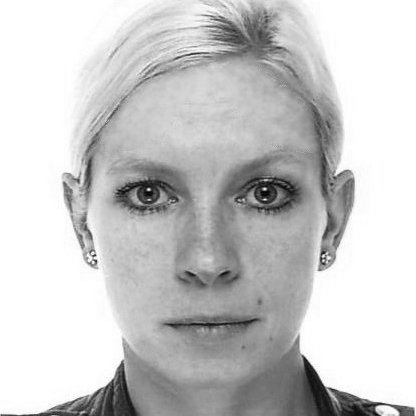
Janna Burman
Project Member
population protocols
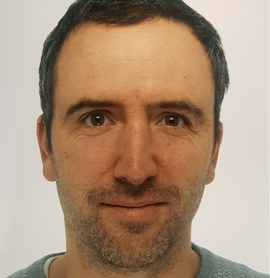
Arnaud Casteigts
Project Member
dynamic networks
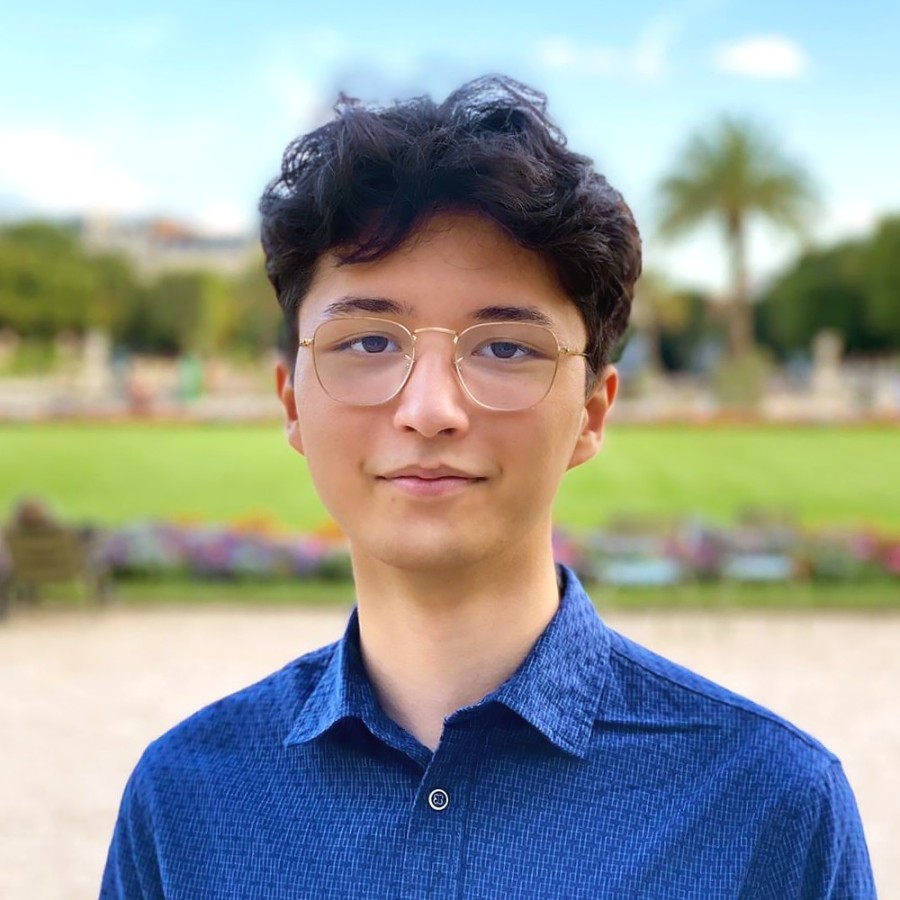
Azammat Charaf Zadah
Intern
RL, distributed systems
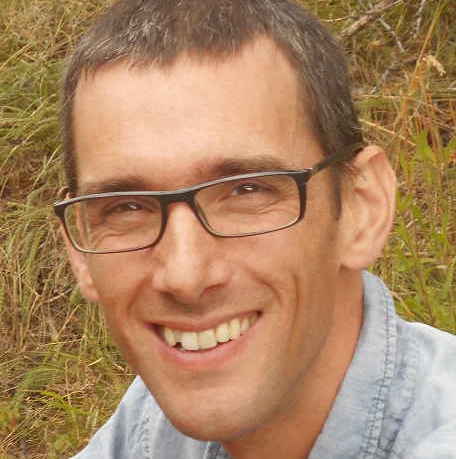
Thomas Chatain
Project Member
timed concurrency, process mining
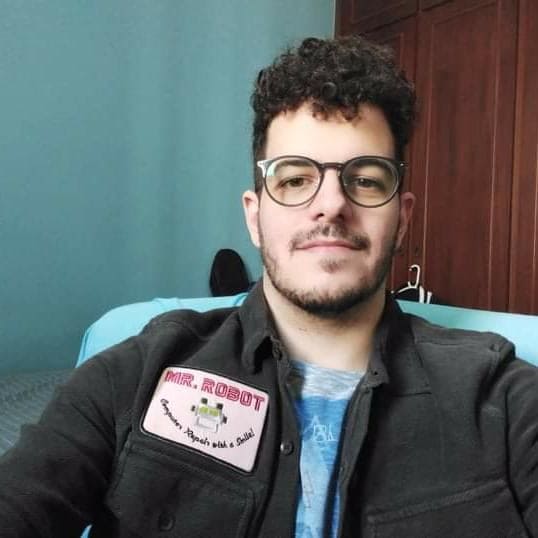
Fabricio Cravo
PhD Student
data analysis

Jean-Loup Faulon
Project Member
bio-retrosynthesis, biosensors
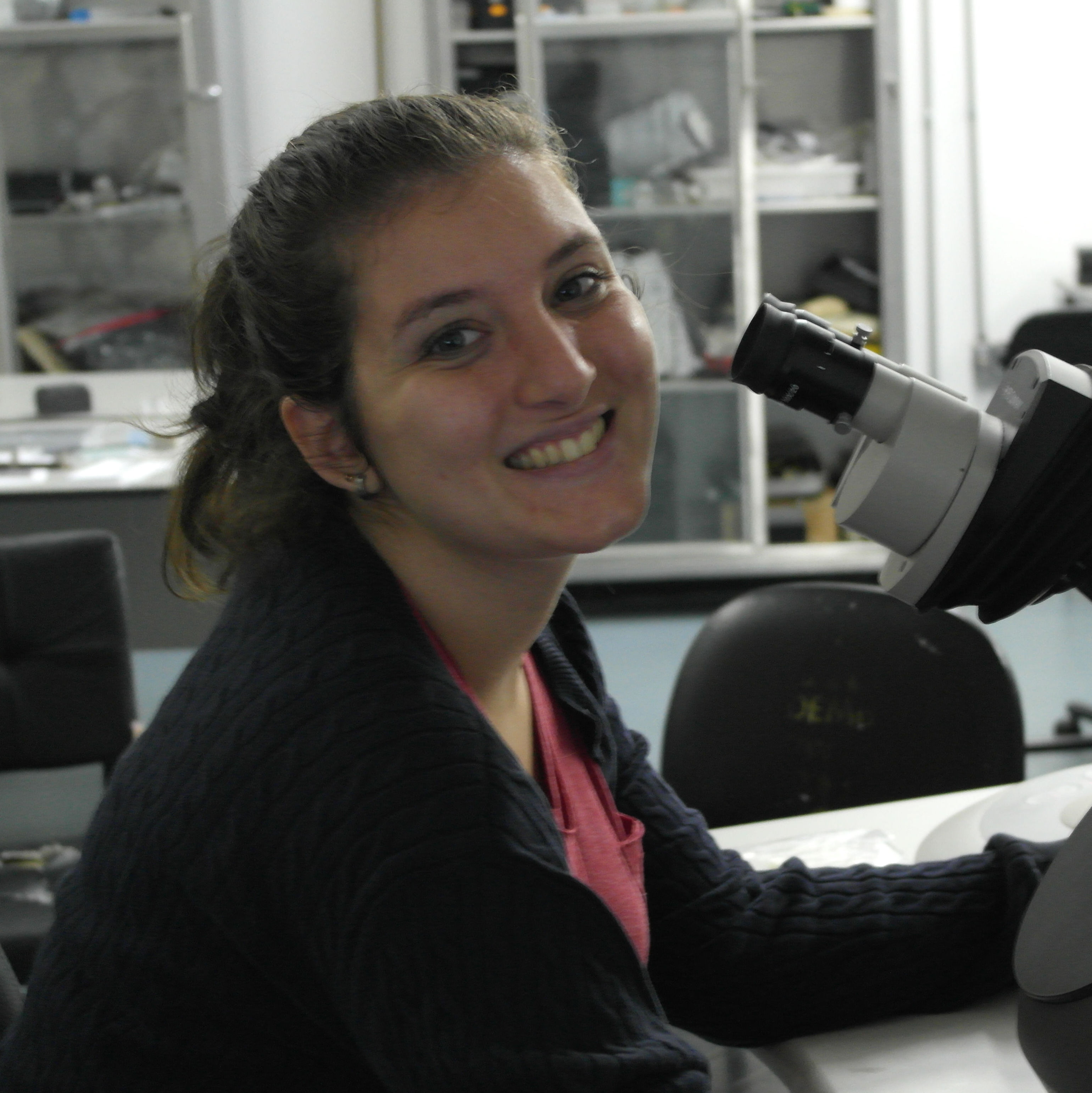
Luana Martins Ferraz
Intern
genetic circuits
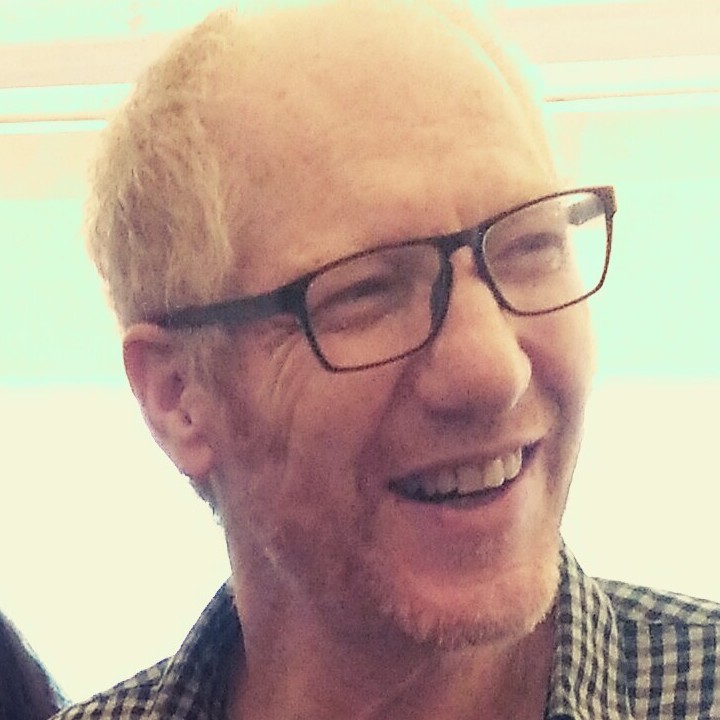
Laurent Fribourg
Project Member
hybrid systems

Stefan Haar
Project Member
concurrency, partial orders, systems biology, ecology
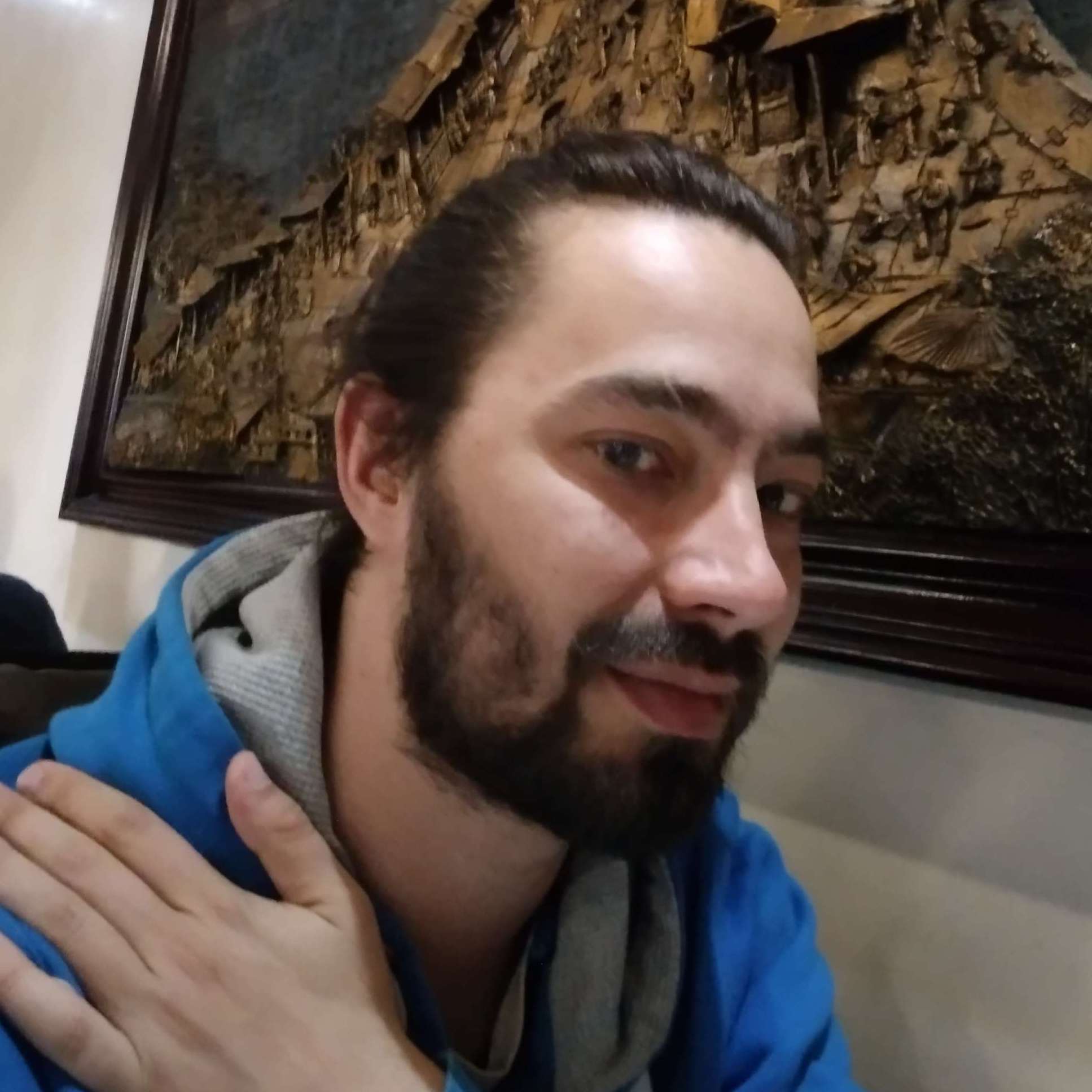
Gabriel Le Bouder
Postdoc
stochastic cell processes, distributed computing

Mélanie Pietri
PhD Student
bioproduction, predictive models, optimization

Cristina Stoica
Project Member
control theory, cooperative control of multi-agent systems
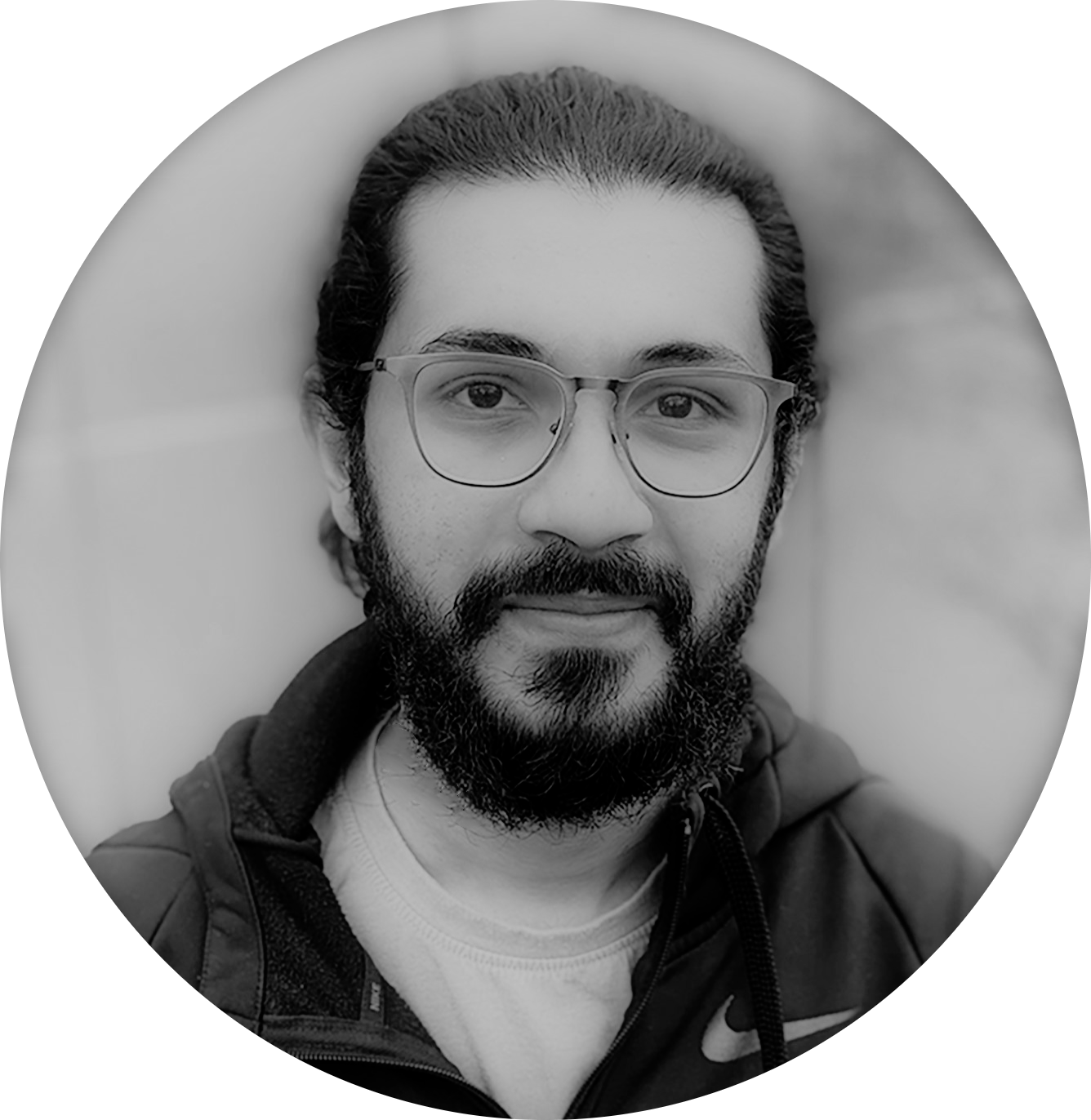
Abhinav Vinayak Pujar
PhD Student
genetic circuits
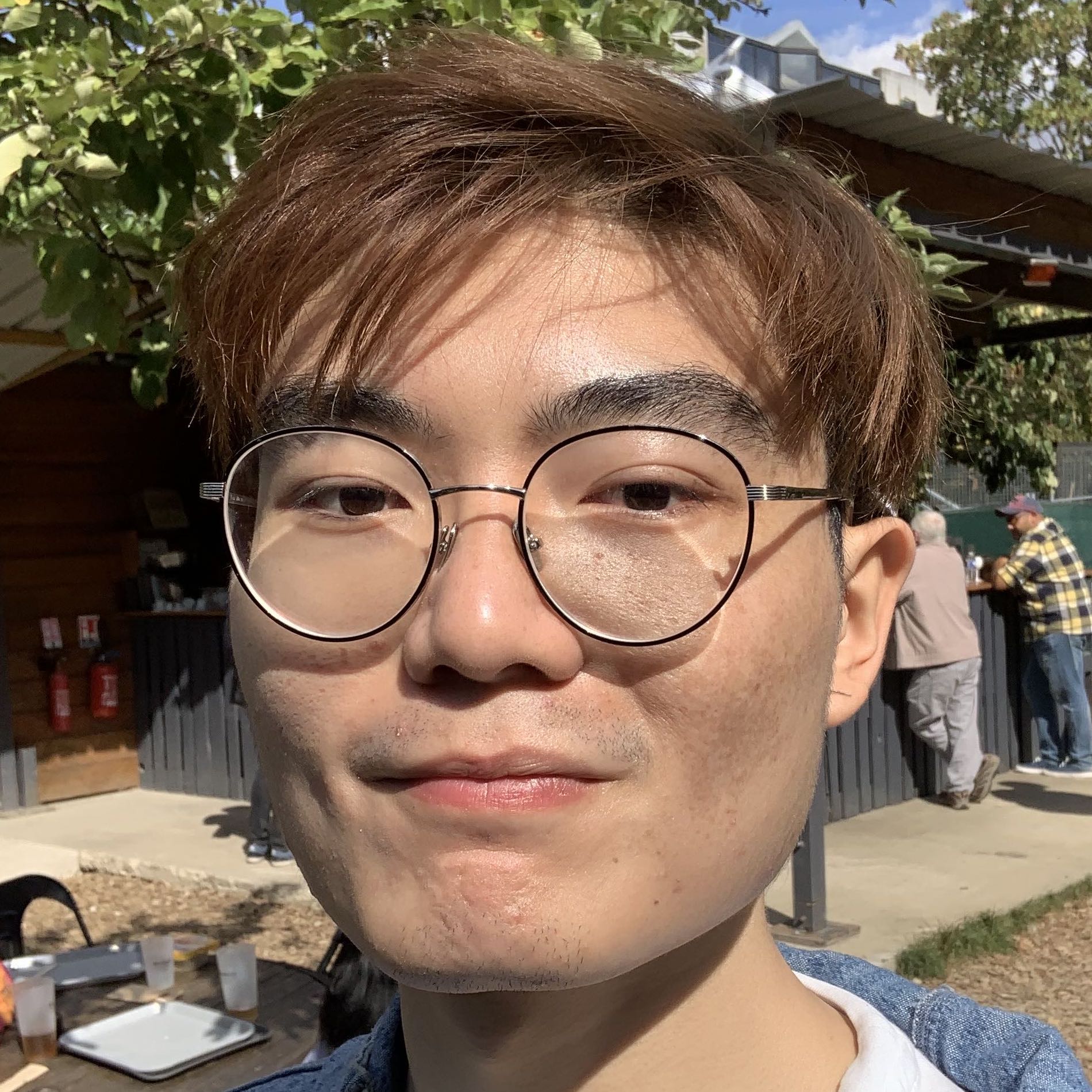
Zhuofan Xu
PhD Student
AI, data science
Former members

Kevin E Awoufack
Intern (2023)
single-cell analysis, AI
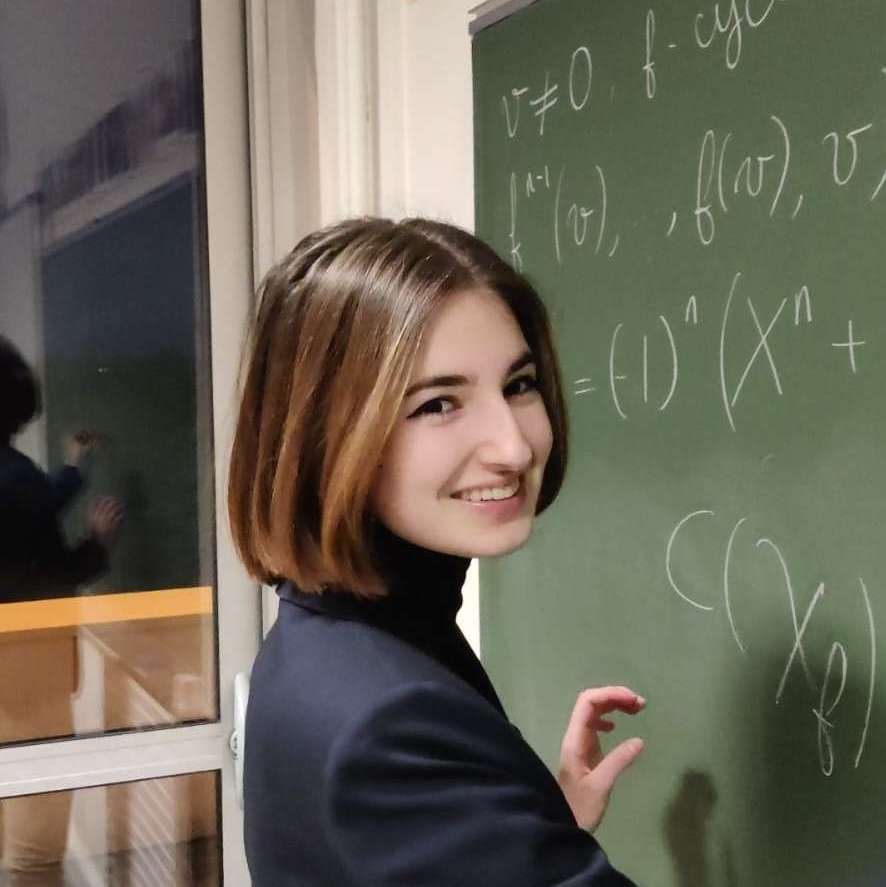
Antonia Baies
Intern (2023)
model discovery, AI
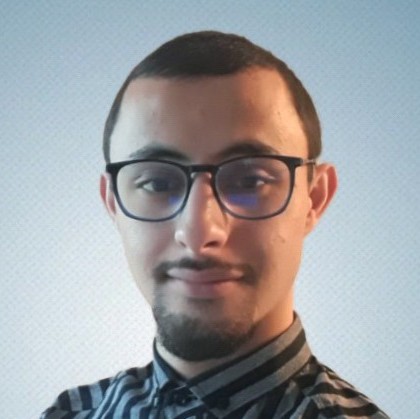
Anisse Belhadj
Intern (2022)
bio simulation, C++ development
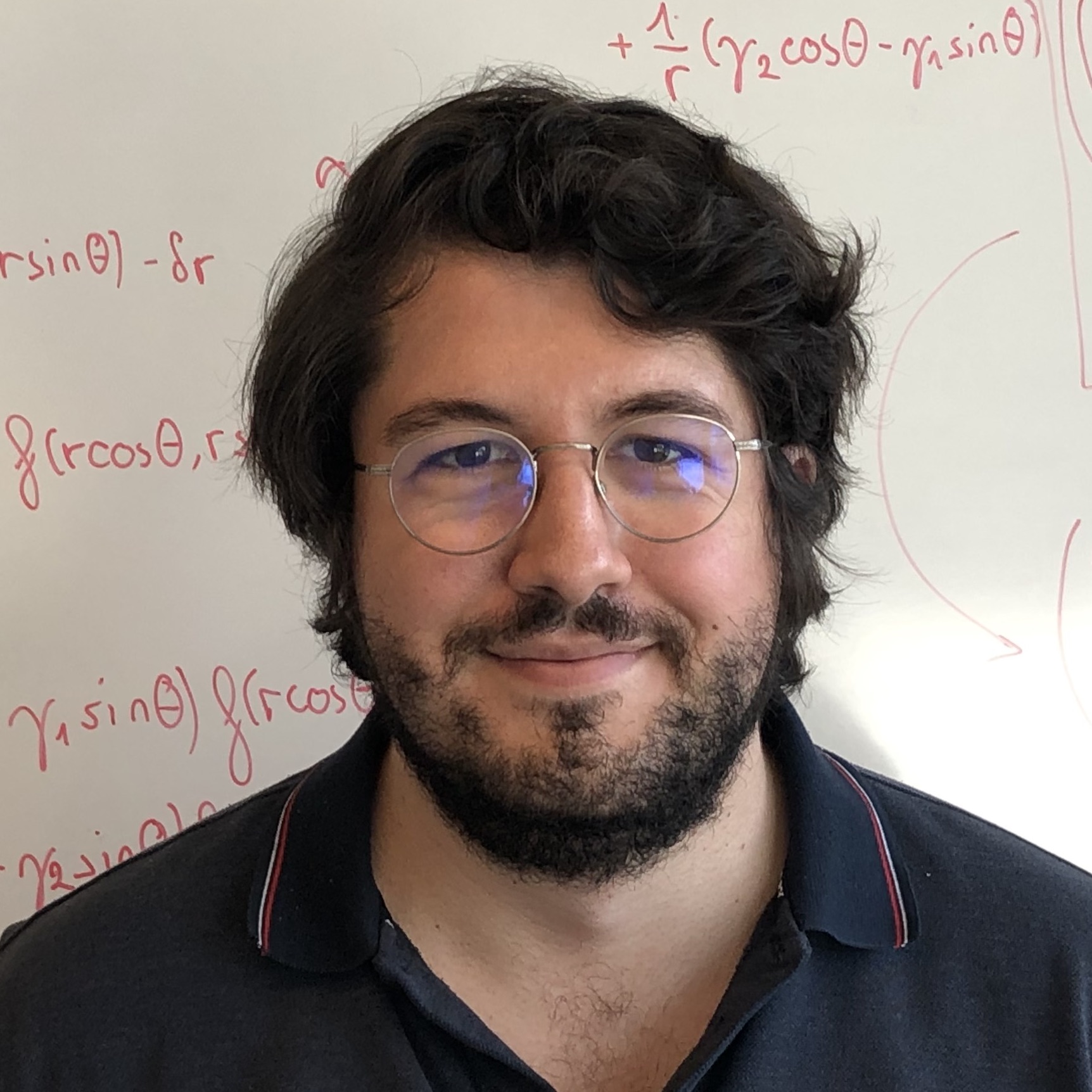
Thomas Chevet
Postdoc (2022/23)
dynamical systems, control theory
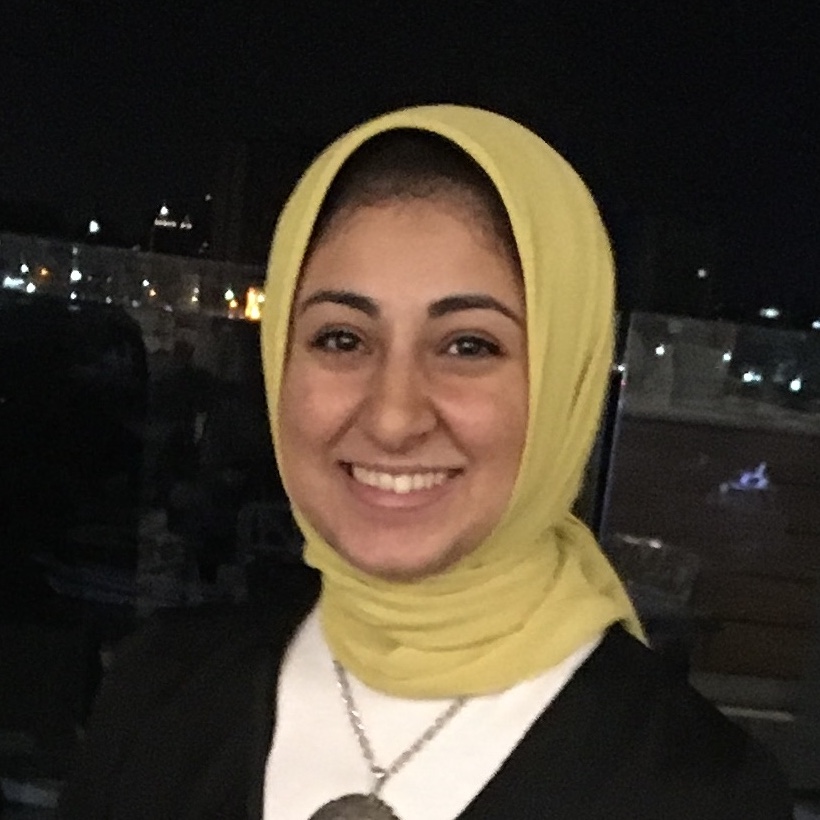
Raghda El Shehaby
PhD Student (2022/23)
asynchronous circuit design, robust circuits
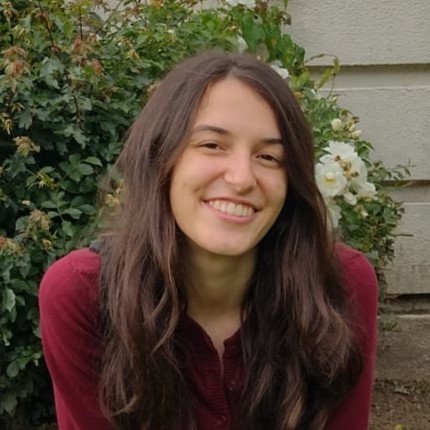
Letícia Levin Diniz
Intern (2022)
bio simulation, full-stack web development
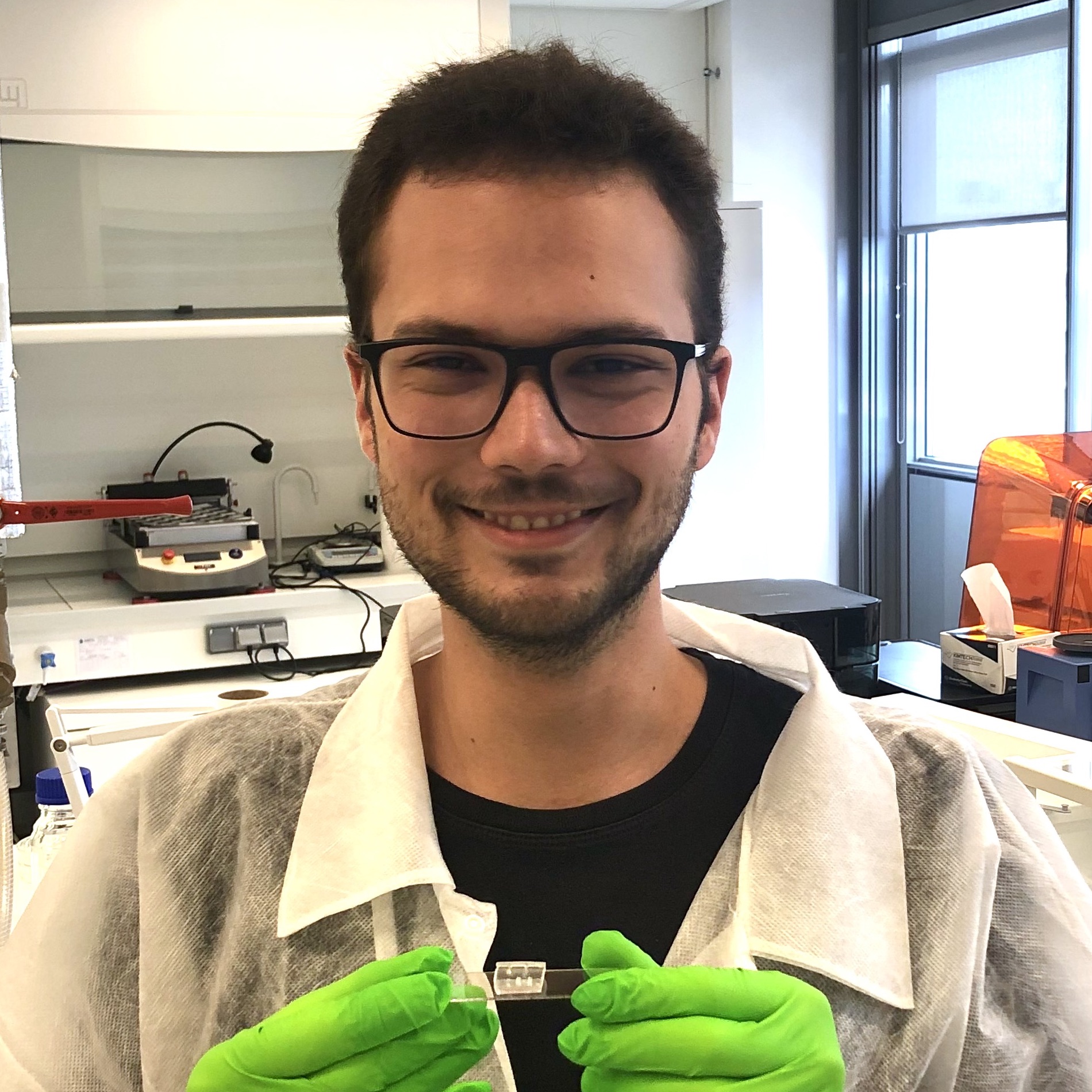
Artur Piana
Intern (2022)
microfluidics, embedded systems
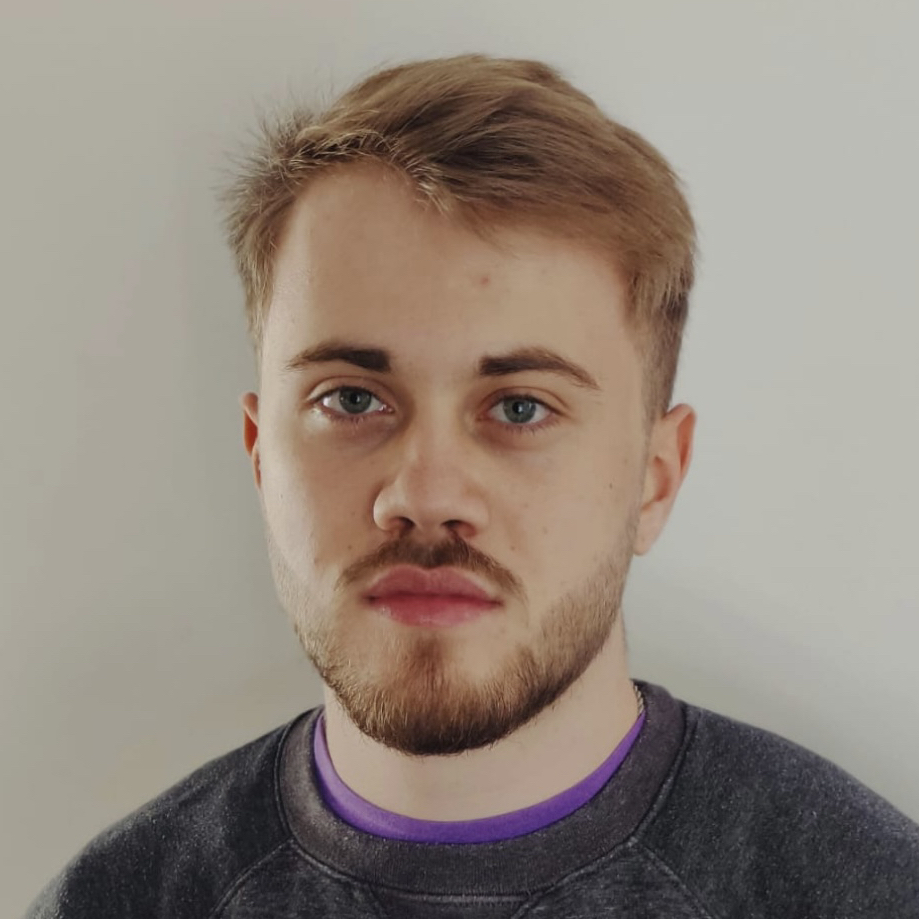
Elias Pinter
Intern (2023)
single-cell analysis
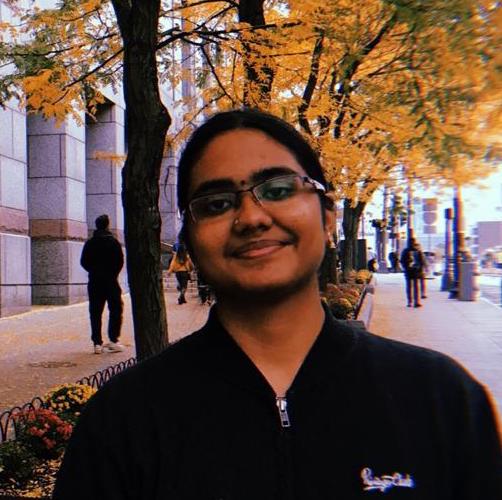
Gayathri Prakash
Intern (2022/23)
genetic circuits

Josephine L Ramirez
Intern (2023)
genetic circuits
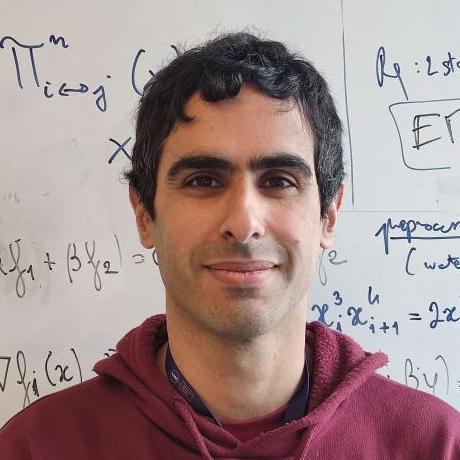
Thomas Sadigh Rezvani
Intern (2023)
single-cell analysis
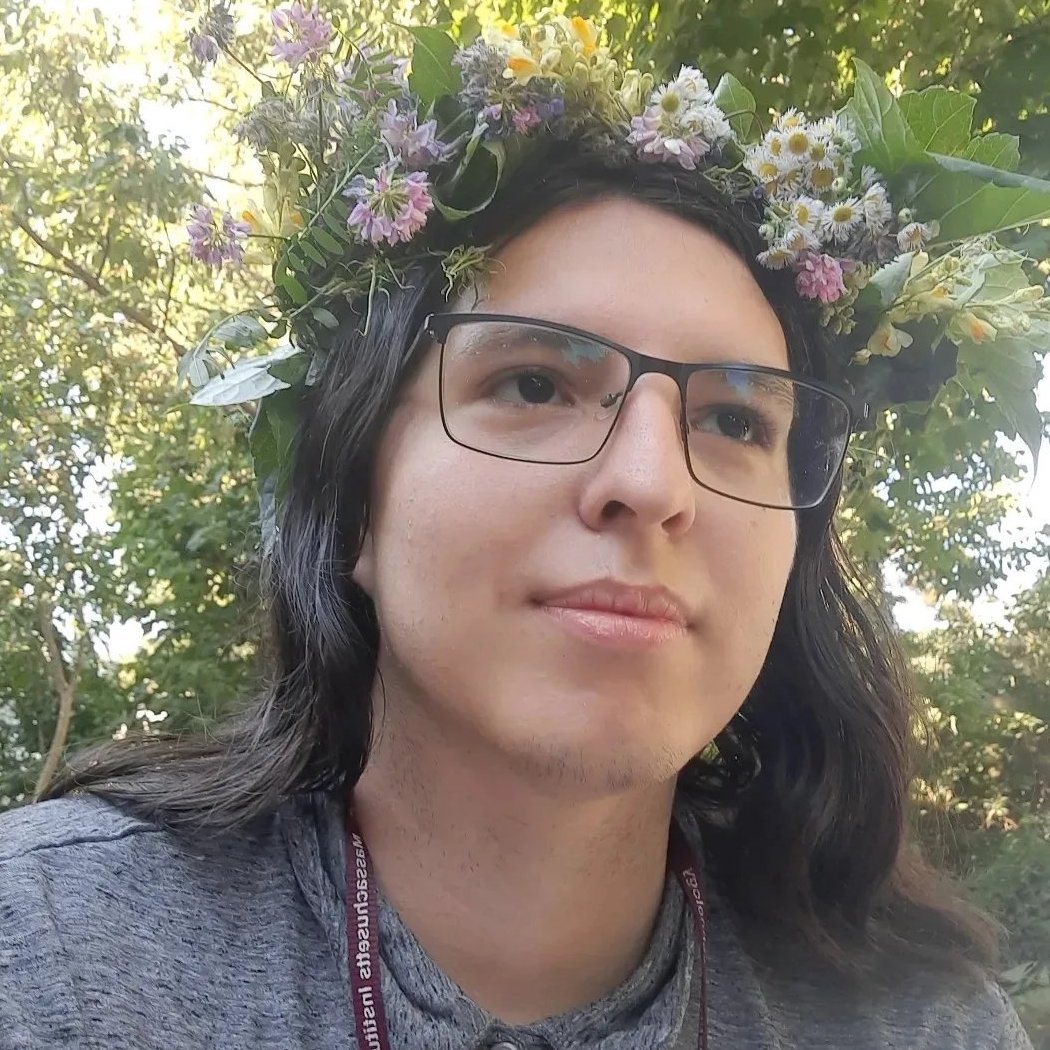
Shaunticlair Ruiz
Intern (2023)
stochastic models, cell models

Margarita Shimanskaya
Intern (2023)
stochastic simulation
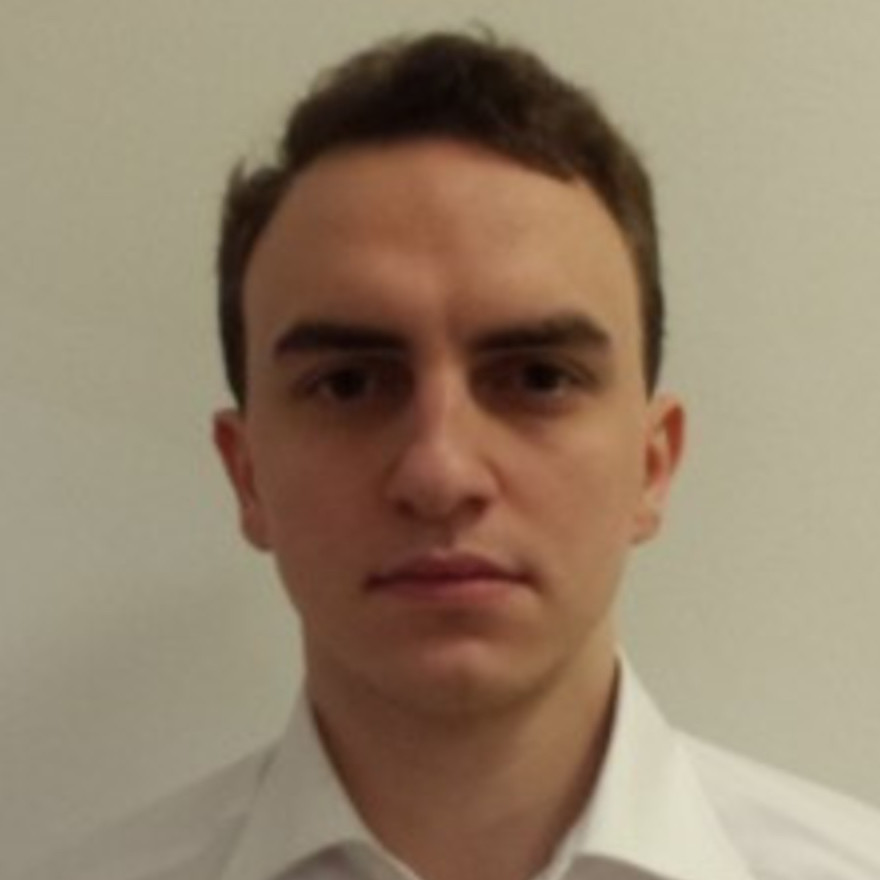
Berndt Uhlig
Intern (2023)
AI, neural networks

Jessica Vipin
Intern (2023)
AI, verification
Publications
- Fabricio Cravo, Matthias Függer, Thomas Nowak: An Allee-based Distributed Algorithm for Microbial Whole-Cell Sensors bioRxiv, 2023.
- Hagit Attiya, Armando Castañeda, Thomas Nowak: Topological Characterization of Task Solvability in General Models of Computation. arXiv, 2023. To appear at DISC 2023.
- Arman Ferdowsi, Matthias Függer, Thomas Nowak, Ulrich Schmid: Continuity of Thresholded Mode-Switched ODEs and Digital Circuit Delay Models. To appear at HSCC 2023, 2023.
- Matthias Függer, Christoph Lenzen, Ulrich Schmid: On Specifications and Proofs of Timed Circuits. arXiv, 2022.
- Amit Pathania, Corbin Hopper, Amir Pandi, Matthias Függer, Thomas Nowak, Manish Kushwaha: A synthetic communication system uncovers extracellular immunity that self-limits bacteriophage transmission. bioRxiv, 2022.
- Fabricio Cravo, Matthias Függer, Thomas Nowak, and Gayathri Prakash. Mobspy: A meta-species language for chemical reaction networks. Computational Methods in Systems Biology, 2022.
- Victoria Andaur, Janna Burman, Matthias Függer, Manish Kushwaha, Bilal Manssouri, Thomas Nowak, Joel Rybicki: Reaching Agreement in Competitive Microbial Systems. arXiv, 2021.
- Da-Jung Cho, Matthias Függer, Corbin Hopper, Manish Kushwaha, Thomas Nowak, and Quentin Soubeyran. Distributed computation with continual population growth. Distributed Computing, 2021.
Funding
We are grateful for the funding provided by ANR (grant ANR-21-CE48-0003), CNRS, Digicosme, INRAe, Institut Farman, RFSI, and Université Paris-Saclay.



